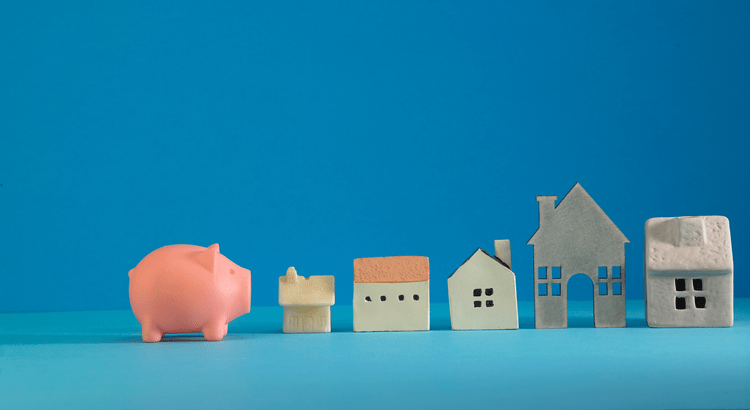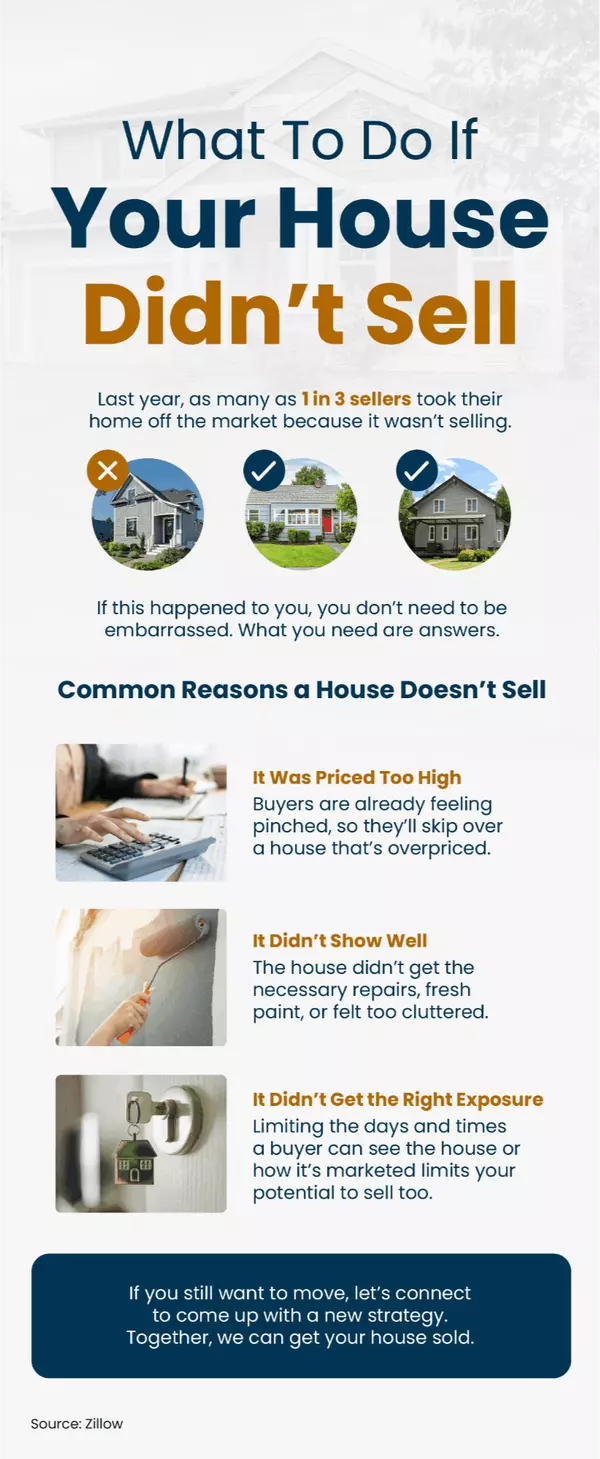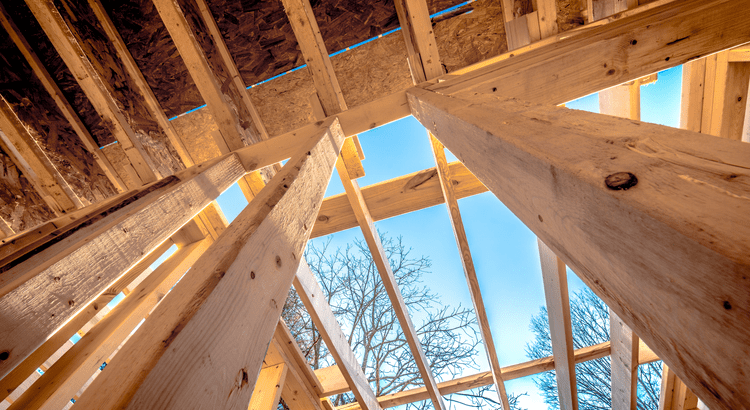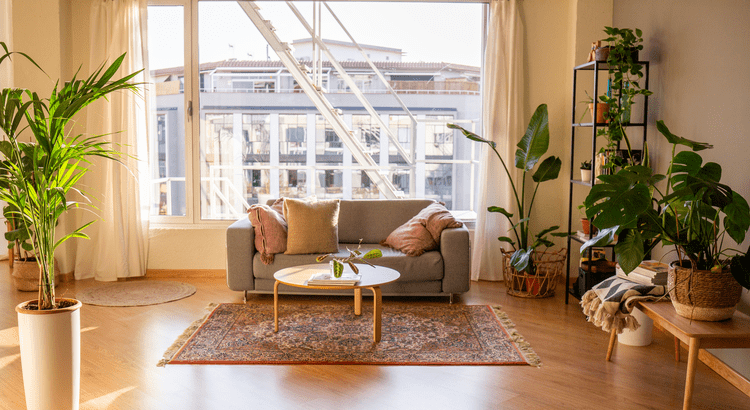
If Your House’s Price Is Not Compelling, It’s Not Selling
If Your House’s Price Is Not Compelling, It’s Not Selling There’s one big mistake you need to avoid when you sell your house this year: setting your price too high. It might seem like overpricing gives you room to negotiate or could really boost your profit, but the reality is, it usually backfires.

2025 Housing Market Forecasts

How Much Home Equity Have You Gained? The Answer Might Surprise You
How Much Home Equity Have You Gained? The Answer Might Surprise You Have you ever stopped to think about how much wealth you’ve built up just from being a homeowner? As home values rise, so does your net worth. And, if you’ve been in your house for a few years (or longer), there’s a good chance you’
- 1
- 2
- 3
- 4
- 5
- ...
- 21
Recent Posts










